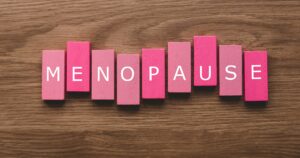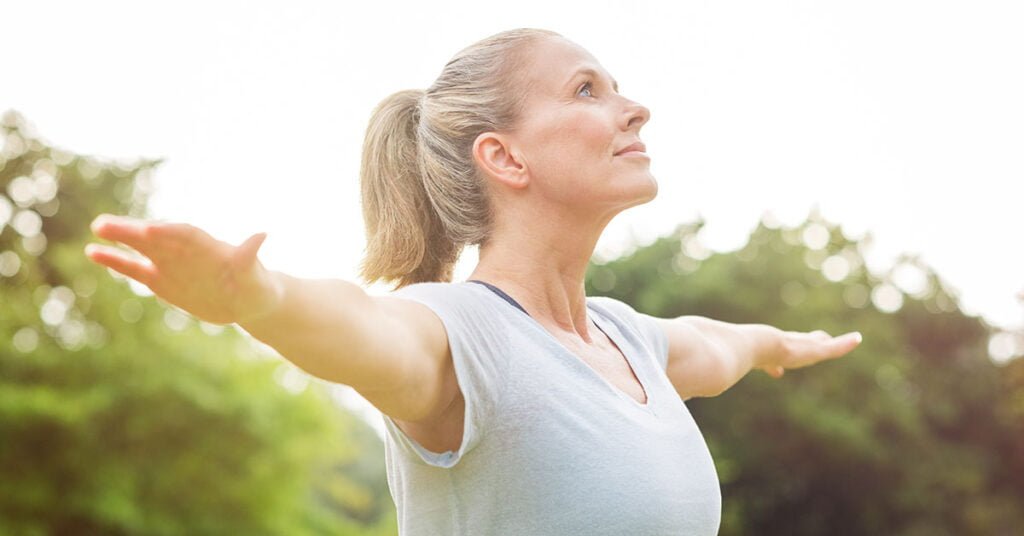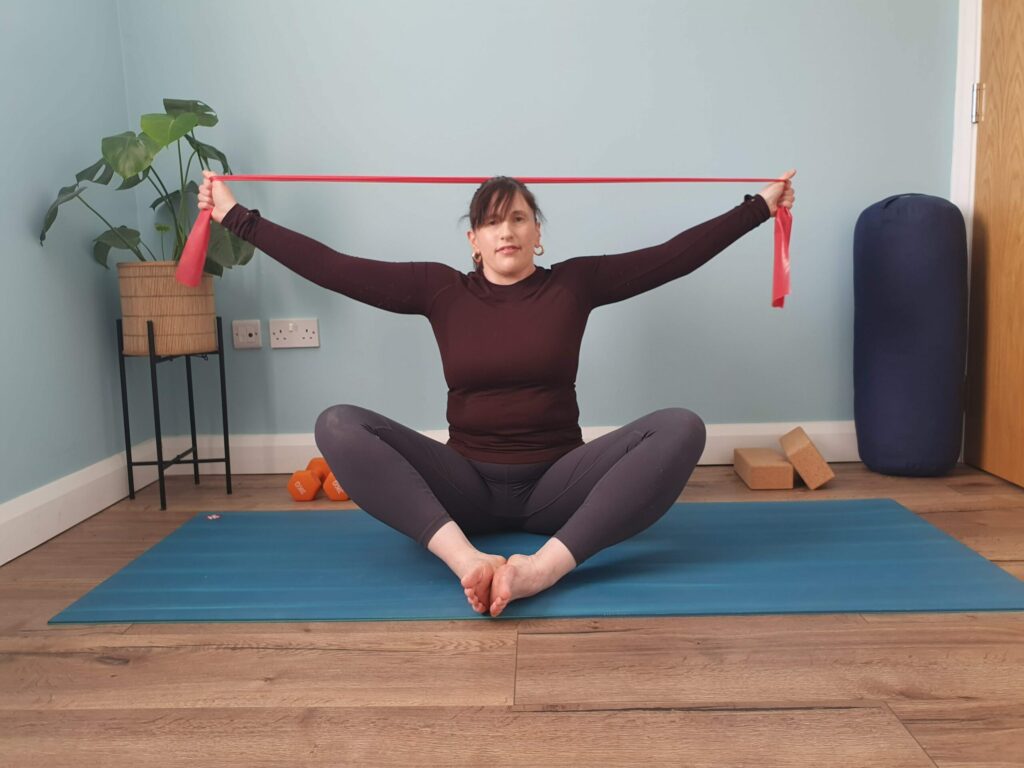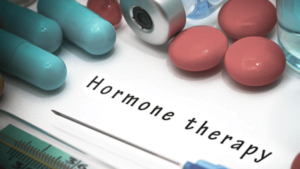Menopause is a natural phase in a woman’s life, marking the end of her reproductive years. While it is a significant and inevitable transition, the symptoms associated with menopause, such as hot flashes, mood swings, and sleep disturbances, can be challenging for many women. In recent years, there has been a growing interest in holistic therapies as complementary approaches to alleviate menopausal symptoms. This blog explores various holistic approaches for menopause that offer relief and support during this transformative time.
Contents
- 1 Understanding Menopause
- 2 Use of Holistic Approaches for Menopause
- 3 Types of Holistic Approaches for Menopause
- 3.1 Acupuncture
- 3.2 Yoga
- 3.3 Meditation
- 3.4 Herbal Medicine
- 3.5 Aromatherapy
- 3.6 Biofeedback
- 3.7 Guided Imagery
- 3.8 Progressive Muscle Relaxation (PMR)
- 3.9 Cognitive-behavioral therapy (CBT)
- 3.10 Diet and Nutrition
- 3.11 Omega-3 Fatty Acids
- 3.12 Calcium and Vitamin D Supplementation
- 3.13 Homeopathy
- 3.14 Chiropractic Care
- 3.15 Tai Chi
- 3.16 Hypnotherapy
- 3.17 Massage Therapy
- 3.18 Expressive Arts Therapy
- 4 Other Approaches to Manage Menopause
- 5 Conclusion
Understanding Menopause

Menopause is a natural biological process that marks the end of a woman’s reproductive years. It is a significant milestone, typically occurring in midlife, and is characterized by the cessation of menstruation. Menopause is a normal part of aging, and while it signifies the end of fertility, it also brings about various physical and hormonal changes.
Phases of Menopause:
1. Perimenopause: This phase typically begins several years before menopause. It is characterized by irregular menstrual cycles and hormonal fluctuations.
2. Menopause: Menopause is officially diagnosed when a woman has not had a menstrual period for 12 consecutive months.
3. Postmenopause: Postmenopause refers to the years following menopause. During this phase, hormonal levels stabilize, and many of the symptoms experienced during perimenopause diminish.
Use of Holistic Approaches for Menopause
Holistic approaches for managing menopause offer a spectrum of benefits that extend beyond alleviating physical symptoms. These approaches, which focus on the interconnectedness of mind, body, and spirit, can contribute to a more comprehensive and holistic well-being during the menopausal transition. Here are some key benefits associated with the use of holistic approaches for menopause:
1. Balanced Hormones: Holistic therapies like herbal medicine and acupuncture are believed to support hormonal balance, helping to ease the fluctuations that contribute to menopausal symptoms.
2. Stress Reduction: Practices such as yoga, meditation, and aromatherapy are effective in reducing stress levels, promoting relaxation, and enhancing emotional well-being during menopause.
3. Improved Sleep Quality: Mind-body techniques, acupuncture, and aromatherapy can contribute to better sleep patterns, addressing one of the common challenges faced by menopausal women.
4. Enhanced Emotional Well-Being: Holistic approaches, including counseling and mind-body techniques, provide emotional support, helping women manage mood swings, irritability, and other emotional aspects of menopause.
5. Support for Bone Health: Holistic dietary approaches and supplements contribute to maintaining bone density and reducing the risk of osteoporosis associated with hormonal changes during menopause.
6. Increased Mind-Body Awareness: Practices such as yoga and meditation foster a heightened sense of mind-body awareness, enabling women to better understand and navigate the changes occurring within their bodies.
7. Nourishment Through Nutrition: A focus on a well-balanced diet rich in nutrients, including phytoestrogenic foods, provides essential nourishment for overall health and supports the body’s natural processes.
8. Natural Symptom Relief: Herbal remedies and alternative therapies offer a natural and holistic approach to alleviating specific menopausal symptoms such as hot flashes, night sweats, and vaginal dryness.
Types of Holistic Approaches for Menopause

Holistic approaches for menopause encompass a variety of alternative therapies and lifestyle modifications that address the physical, emotional, and spiritual aspects of this natural life transition. Here are different types of holistic approaches for managing menopause:
Conclusion
Holistic therapies offer a diverse range of options for women navigating the challenges of menopause. Integrating these approaches into a comprehensive wellness plan can provide relief from symptoms and support overall well-being. It’s important to note that individual responses to these therapies may vary, and consultation with healthcare professionals is advisable before making significant lifestyle changes.
By embracing a holistic approach, women can empower themselves to navigate menopause with grace and resilience, embracing the natural transition and finding balance in this new chapter of life.
If you are facing menopause-related issues, menopause treatment at HerMantra can help. Book your free trial online menopause treatment session now.



